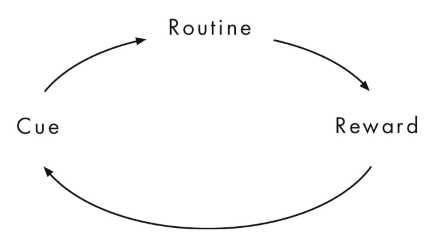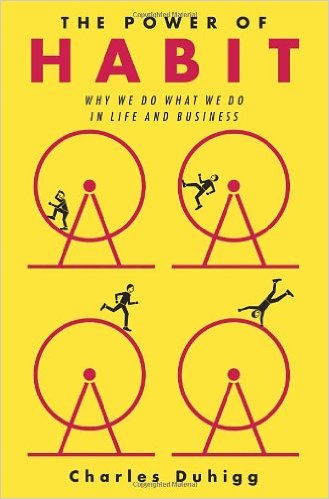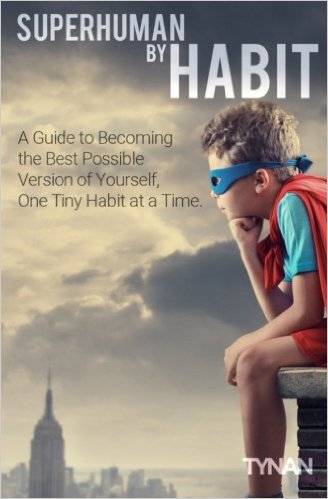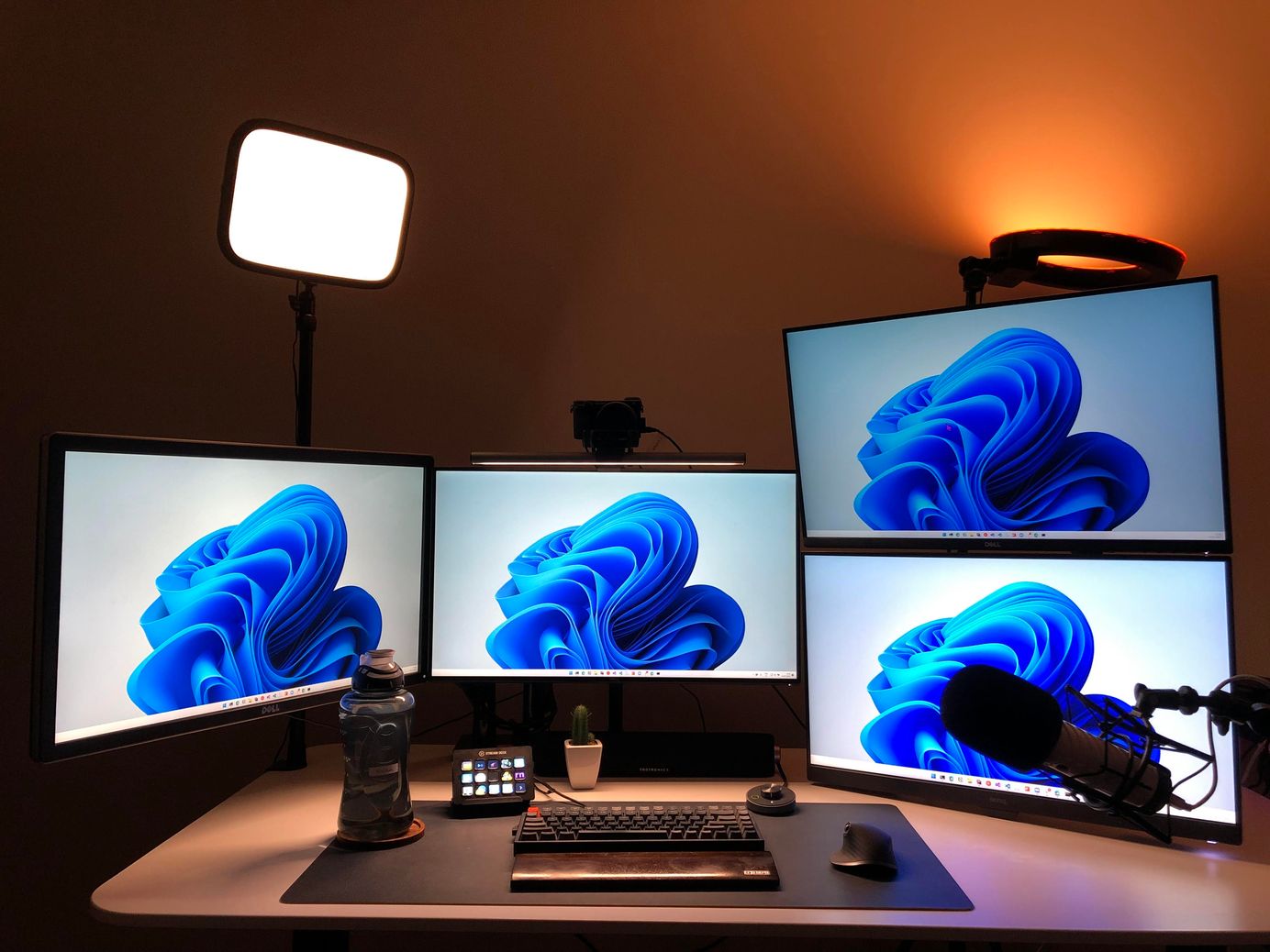
How to Start New Habits That Stick
Table of Contents
The beginning of a good habit is the elimination of an excuse.
And The beginning of a bad habit is the finding of an excuse
The ability to pick on something and to make a habit of it is something that is always helpful. This skill helps to create new habits and also let go off old ones that are not doing any good to you. Part of letting of bad old habits might be creating new ones. When I wrote about Couch to Half Marathon, some of my readers asked how to keep up with the plan. How to do 'Couch to Street'; just getting out there.

How Habits Work
To form new habits, it is important that we understand how habits work.
*a simple neurological loop at the core of every habit, a loop that consists of three parts: A cue, a routine and a reward.*
As Charles Duhigg points out in his book, Power Of Habits (recommended read) the formula for changing habits differs from habit and persons. So it is more about using a framework to understand how habits work and experimenting on changing it. Changing a habit does take time and is not an easy one, but with a process in place, it is doable with time and effort.

To break a bad habit one needs to identify it first. It could be anything from spending too much time on social media, eating unhealthy food, smoking, drinking, etc. Identifying that you have a habit and it's not good for you to continue with it is important. You can only change something once you identify it.
Once you recognize the habit, find out what is the trigger for the habit. Is it a particular place, people, time, etc. It might be hard to find the specific cue that triggers the habit, so note down everything that you find applicable. Then work on to isolate the cue by monitoring the habit over a couple of days. Wire up the cue that triggers the habit to perform some other action. Create that plan in advance and have some way to remind yourself of it. If your cue is time-based or location based, then you can use your smartphone to pop-up a reminder. If not try to find ways to keep yourself reminded to perform the new plan. It feels hard in the beginning but stick to the plan, and in time you will be able to change your habit. I recommend you to read the book Power of Habits to understand this subject better.
Mini Habits and Short Term Goals
To start creating new habits, I have found setting smaller goals to target daily works better. I began writing at least one line every day to be consistent in blogging, running at least once a week to establish an exercise routine, eat at least one meal healthy, etc. Time-based cues help to enforce such new behavior. Setting aside a specific time as per the desired frequency to perform the activity makes sure that you do not skip doing it. Also, remember to keep the action as simple as possible so that you do not procrastinate when the time comes.
Like if it is running that you are planning to start it could be - Every Saturday at 6 am I will wear my running shoes and get out of my house. When the time comes, this is such a simple task that you have set for yourself, and you are more likely to do it. Once you have taken the pain of putting the shoes and getting out of the couch, you are more likely to run for at least five minutes.
Break your goals into small and achievable mini goals. These mini goals are often referred to as Most Important Tasks (MIT), Big Rocks etc. The key is to break them down into smaller achievable mini-goals and setting a cue to trigger the activity.
Motivation and Its Role
Very often we get motivated to start new activities and begin with great enthusiasm. In the beginning, we feel a spike in energy and see things happening. But soon you hit a point where you feel nothing is moving and you feel it a burden to continue. This stage is referred to as plateau - a state of little or no change following a period of activity or progress. You soon see your motivation levels dropping and justifying to yourself how little or no benefit your actions have. Eventually, you find yourself losing entire interest in the activity and start looking for new motivation spikes. This has happened to me many times.
Motivation is what gets you started.Habit is what keeps you going.
I have found this to be entirely true. We need the motivation to help us to get started with new activities and set new goals. But motivation alone cannot help us go all the way and achieve what we want. Before jump-starting with the idea give it a good thought to check if it is worth your time spent. If not park the idea to your Someday Maybe list (as referred to in GTD).
Once you have decided to pursue the idea, break it into smaller pieces and set achievable 'mini goals.' Set dedicated time at regular intervals for achieving these mini-goals. Most important is in having some 'me time' to get towards these goals. Like for me I have found that mornings work best for me and created a Morning Routine. To make sure that I make the best of my time I try to work in Pomodoro's and inspect and adapt the process often.
Tracking and Feedback
Tracking is an important part of habit formation. Once you have set your goals and mini habits also find ways to track your progress. Inspect and Adapt is the fundamental principle behind Agile Processes. Habit formation is nothing but being agile, keeping the end goal in mind, adjusting the way you reach there. Find ways and tools to track progress on the habits that you are trying to form.
I prefer automatic tracking with least manual entry, so the tracking happens in the background. But at times you will have to resort to manual methods as well. Make sure you have a time set aside daily to capture the information. Having a review of the data obtained once every week or two and taking adjustment actions is equally important. Some of the tracking tools that I use are Rescue Time, Garmin Forerunner 630 and a few manual ones. I [review my progress every week] and try to incorporate feedback into the upcoming week.
All it takes to start a new habit is a moment - The moment where you decide on the new habit. The rest is process!
Eating Healthy, Exercise, Blogging, Waking up Early, Reducing time spent on Social Media, Reading and Creating Videos (looking to give this up) are some of the habits that I have formed following these techniques. The ability to decide on something and getting it to done is the most important of all. Once you have mastered the skill of forming new habits, it boils down to choosing good habits and wiring that into your life. I have heard about the 21-Day rule of habit formation and similar myths. But I think all it takes to start a new habit is a moment - The moment where you decide on the new habit. The rest is process!
References:


Rahul Nath Newsletter
Join the newsletter to receive the latest updates in your inbox.

